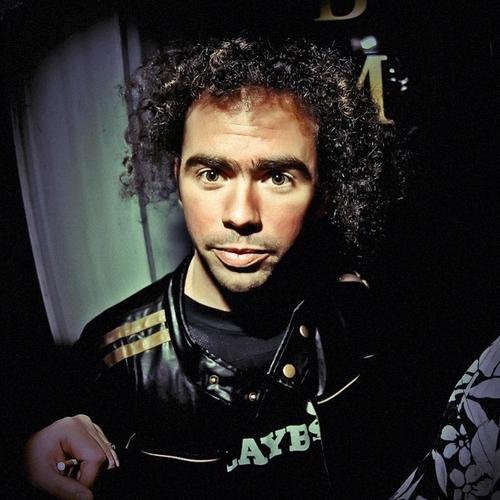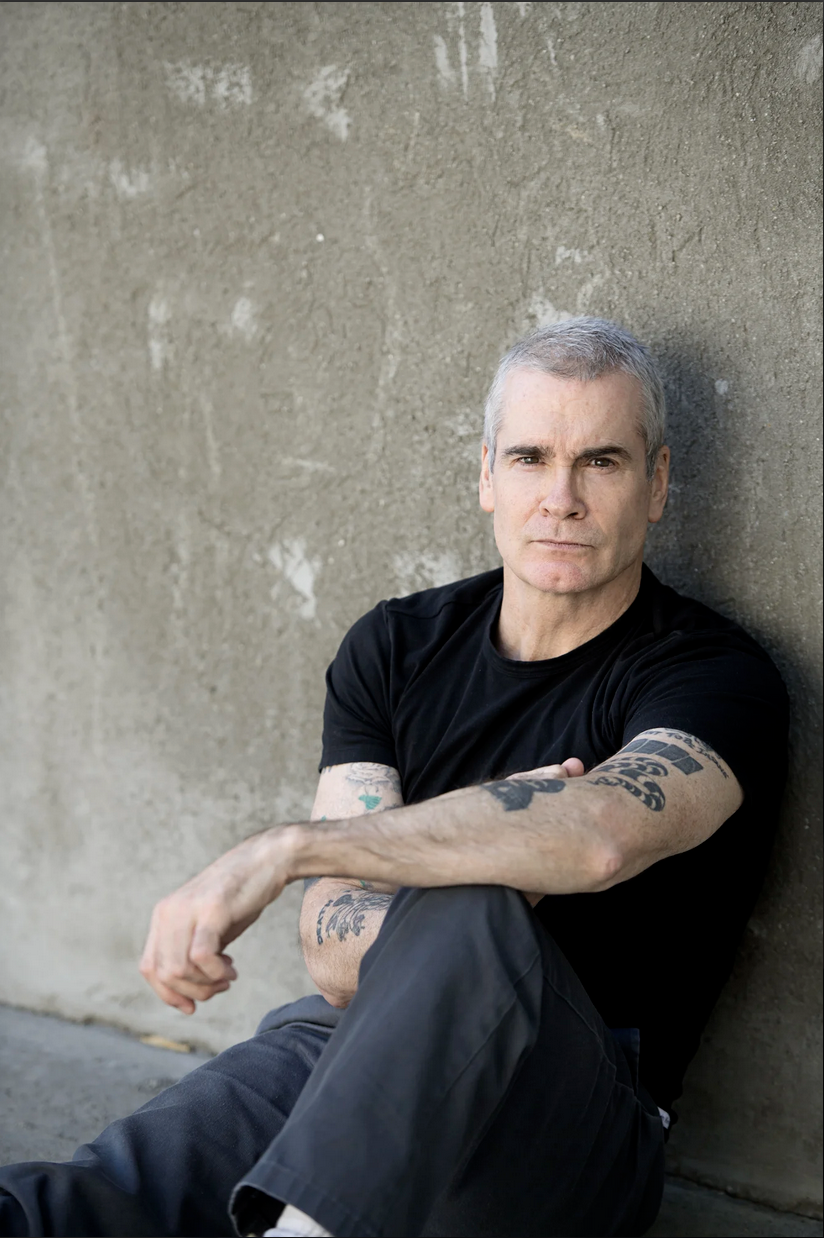The Madd Wikkid loves New Orleans. He loves it so much, he figures all that pass through will be made brass. Trumpets blare and hips swing all day and all night. What if French house cyborgs Daft Punk grew up in the French Quarter instead of Paris?

Producer The Madd Wikkid aka Earl Scioneaux III didn't wonder, he brought it to life. With his brass band project Brassft Punk, the producer, arranger and multi-instrumentalist took to Kickstarter to bring the disco-future sound of Daft Punk back into the glittering jazz age. Here's what he had to say:
What was the genesis of “Brassft Punk?” Can’t really imagine too many jazz purists crossing over into French house…
Well, I don’t consider myself a jazz purist - at least not exclusively. Just as new ideas disrupt purism, purism hinders new ideas, and both are important. I do think there’s value in capturing and maintaining musical traditions. I’ve certainly worked in that arena, including making a swath of records with the Preservation Hall Jazz Band. At the same time, I also think it’s important for any art form to have the capacity to push radical new frontiers, which is why I’ve been drawn to electronic music for so long.
For years I was living in two worlds - one working with amazing live musicians, and the other full of computer-driven beats and bleeps. A couple of years ago, I decided to see what would happen if I tried to merge these two very different spheres. I made a record, Electronola, where I brought a handful of the noteable great New Orleans musicians into the studio, recorded them doing their thing, and then reworked that material into electronic music. It was an experiment, really, but result was quite a pleasant hybrid.
Brassft Punk is in some ways another experiment in this hybridization, but with almost an opposite approach. This time, instead of bringing New Orleans musicians into the world of electronic music, I brought electronic into the world of New Orleans musicians.
I need you to explain two things. First, your stage name “Madd Wikkid.” Second, that brilliant mad scientist ‘fro.
First - It’s been so long, I can scarcely recall where that name came from. I remember I’d been fishing for a moniker for a while, and I’d tried a few that didn’t fit. One day in conversation someone described something as being “Madd Wikkid,” and I half-jokingly suggested that I’d use that as my stage name. I tried it, and it stuck.
Second - I think my hair speaks for itself.
How long did it take to get it all up and running from conception to execution?
After sitting on the idea for over a year, I think I launched the kickstarter campaign for the initial Brassft Punk EP from May to June of 2012, and then spent the next several months writing and relentlessly revising the arrangements. The record was finalized and mastered the first week of November, so I guess it took about half a year from the time I acted on the idea, or close to 2 years if you count the time it was on the back burner.
On stage you rock a MacBook…is this normal? Or do jazz purists lean in to one another and quietly mutter disapproval?
No, it is not normal. At home I rock three macbooks, but on stage I don’t want to look pretentious.
I don’t think I need to worry about too many strict purists coming to my shows - I think it’s pretty clear since even the project name is a hybrid that purity is not really an aspiration.
What’s the most challenging aspect of making electronic music human after all, pardon the pun.
Well, part of the “human” aspect of the Brassft Punk EP was that I wrote out all of the arrangements by hand. The first purchase I made for the project was a nice pencil. It ended up being a strenuous amount of writing, and upon completing the arrangements I ended up wearing a wrist brace for a short while. I have no regrets, but I’ll be doing my arranging with software from here on out.
You ran a kickstarter for your great new "Get Lucky" cover - how did it go? Do you think crowdsourcing from "patrons" is the new way to go insofar music is concerned?
The “Get Lucky” campaign went well, hit 50% over the primary goal, and triggered a stretch goal where I made bonus track that is an electronic mashup with samples from the earlier Brassft Punk EP. It was released on July 9th, and you can check it out here: http://maddwikkid.bandcamp.com
Kickstarter is an amazing platform in that it not only facilitates fundraising, but it actually provides tools to build a community around a project. I think it's a great way to go for just about anyone with a creative idea that they're passionate about.
Talk a bit about your background: I know you’re from New Orleans but how did you break into this sort of scene as an arranger and producer?
I’ve played and studied music since almost before I can remember. I started piano lessons at age four. As a teenager I played with a lot of different bands - rock bands, funk bands, and I even played trumpet in a ska band, all while studying jazz performance, classical theory, and arranging. Somewhere around that time I got into recording.
I never set out to be an engineer - it just sort of happened to me. I started learning the art of recording as a means of making my own music, but it didn’t take long before other people started asking me to help them make their records. As different projects would come along, I’d often end up wearing a lot of hats depending on what the artist needed. They would sometimes need me to work as more of a producer, sometimes they’d need arrangements, sometimes I’d end up playing piano. It all just happened very naturally.
You released your covers last year and they’ve blown up in the wake of Random Access Memories. Did you expect the hype to spill over into your cups, so to speak?
Not really. As I was making the record, I found myself frustrated at several points with various delays. Ultimately, because of the release of RAM, the timing worked out really well. It couldn’t have been better if I’d planned it. It would have been impossible to plan, really, but I’m certainly glad things happened the way they did.
You opened Day 2 of the Alabama Hangout Festival; what’s the most notable difference in terms of atmosphere when you play the jazz covers as opposed to (what you may assume) a dance party?
A lot more sandals, fewer glow sticks. In either case there’s a lot of dancing.
Is the rest of RAM ripe for a Brassft Punk treatment?
Maybe at some point. I think I’m going to branch out and do some other things in the immediate future, and maybe I’ll circle back around to Daft Punk after changing it up a bit for a couple of projects.
Would you cover other French house bands? Air or Justice might be candidates. I mean, I’d want to hear a jazz album about a half-man/half-car hybrid.
I wouldn’t rule it out. Justice seems really appealing. We’ll see...
Was there a hope from you or the band that Brassft Punk would be a gateway drug into New Orleans jazz, zydeco, etc?
I honestly never considered it until you asked this question. You see, in New Orleans the music surrounds us and is an integral part of life. For example when someone well-respected passes away, people show up at the funeral with instruments and play their hearts out. It’s such a matter-of-fact part of daily life that I sometimes forget that there are, our course, people out there who might be unfamiliar with New Orleans music.
Thinking about it now, if someone finds my project, and through it they discover New Orleans music... well, that’s a pleasant thought. I think they’re in for a treat, and I’m glad I could help.
Does Brassft Punk hope to take on originals? Do you think there’s a future for house/brass band crossover?
I’m exploring a few options for Brassft Punk. One I’ve been considering is changing the name to simply “Brassft” and expanding the repertoire. There’s definitely huge potential for other intersections of brass bands and house, and I’m not the only one who sees the relationship.
After I started Brassft Punk, someone brought to my attention a piece of art by Jeremy Deller called “History of the World.” It was an installation at the Tate Modern for quite some time, and is essentially a flow chart connecting acid house and brass bands. Perhaps there’s a whole new genre waiting to erupt.
If two Gallic robots shuffled down New Orleans way and asked for collaboration, you would…?
I’d have them over for gumbo, take them around town to experience New Orleans music in its natural habitat, and see where things go from there.
More Madd Wikkid - Facebook

